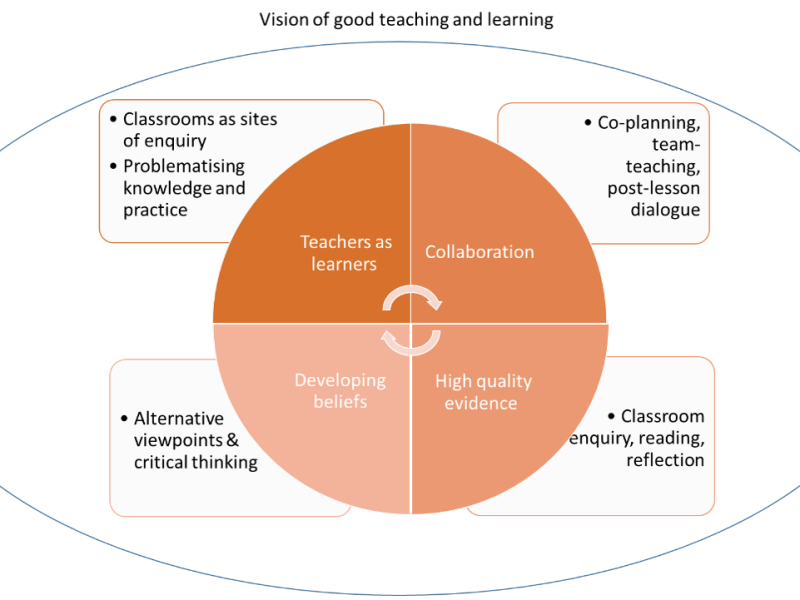In recent years, the application of Artificial Intelligence (AI) in education has been gaining momentum as educators and institutions seek to enhance personalized learning experiences for students. AI technology has the potential to revolutionize traditional teaching methods by adapting to individual learning styles and preferences, ultimately improving student engagement, retention, and achievement.
The Rise of AI in Education
AI technology is increasingly being integrated into various aspects of the education sector, from virtual tutors and personalized learning platforms to automated grading systems and predictive analytics for student outcomes. This shift towards AI-driven education is driven by the need to address the diverse learning needs of students, as well as the growing demand for personalized, flexible, and adaptive learning experiences.
Benefits of AI in Education
One of the key benefits of AI in education is its ability to provide personalized learning experiences for students. By analyzing vast amounts of data on individual learning patterns, AI algorithms can tailor educational content and activities to meet the specific needs and preferences of each student, maximizing their learning potential.
Furthermore, AI technology can help educators identify struggling students early on and provide targeted interventions to support their learning progress. By tracking student performance and behavior in real-time, AI systems can offer timely feedback, recommendations, and support to help students overcome academic challenges and achieve their academic goals.
AI-powered educational tools also have the potential to enhance teacher efficiency and productivity by automating routine tasks such as grading assignments, creating personalized study plans, and generating real-time performance reports. This enables educators to focus more on personalized instruction, mentoring, and student support, ultimately improving the overall quality of education delivery.
Challenges and Considerations
While AI holds great promise for enhancing personalized learning in education, there are also significant challenges and considerations that must be addressed. Privacy and data security issues, ethical concerns around algorithm bias and discrimination, and the potential for job displacement among educators are some of the key challenges that need to be carefully considered when implementing AI in education.
In addition, the effectiveness of AI in education relies heavily on the quality and accuracy of the data used to train AI algorithms. Ensuring the availability of high-quality learning data, as well as continuous monitoring and evaluation of AI systems, is crucial to achieving the desired outcomes and results in personalized learning.
The Future of AI in Education
Despite the challenges and considerations, the future of AI in education looks promising. As AI technology continues to evolve and improve, we can expect to see more sophisticated and effective AI-driven educational tools and platforms that offer personalized, adaptive, and engaging learning experiences for students of all ages and abilities.
Educators and institutions that embrace AI in education stand to benefit from improved student outcomes, increased student engagement and motivation, and enhanced overall learning experiences. By leveraging the power of AI technology, we can create a more personalized, inclusive, and effective education system that equips students with the knowledge, skills, and competencies they need to succeed in the 21st century and beyond.


